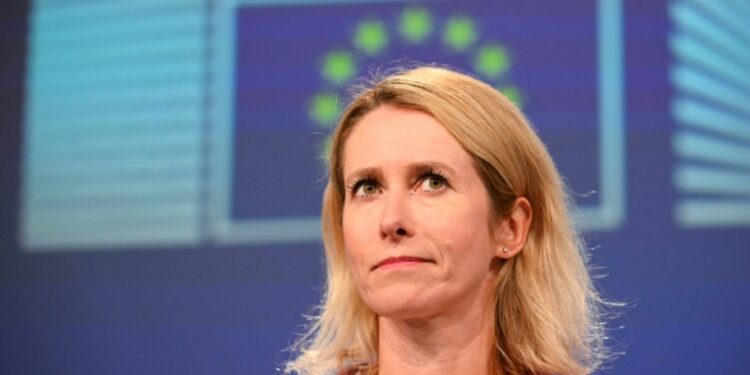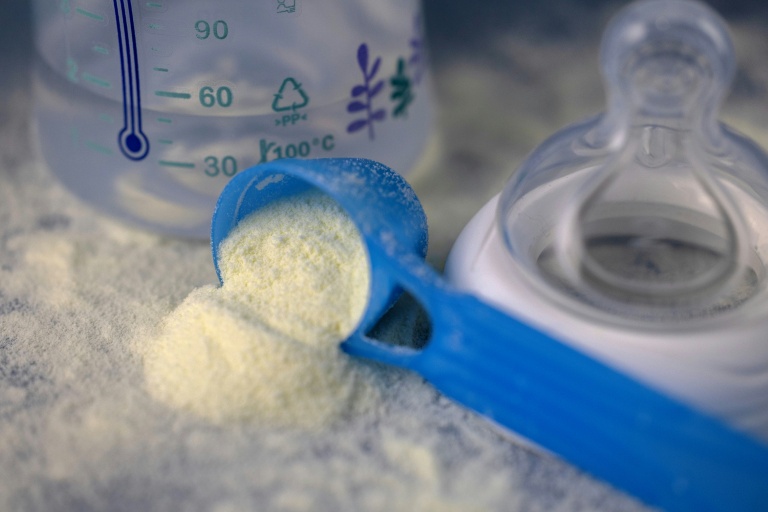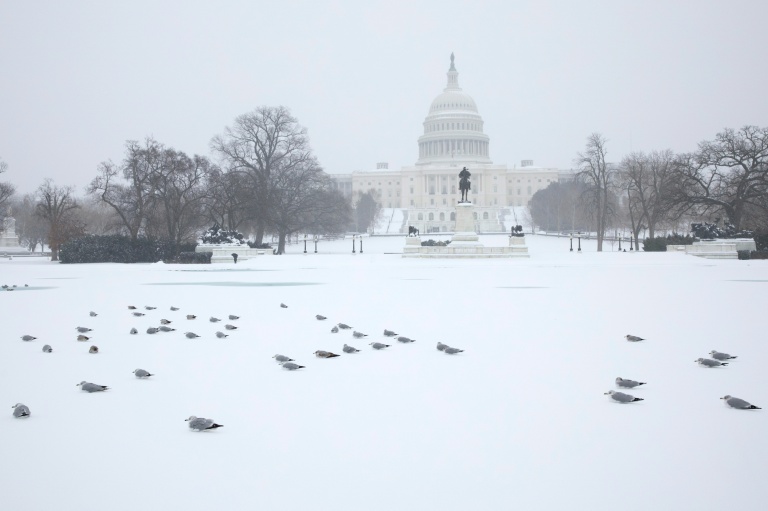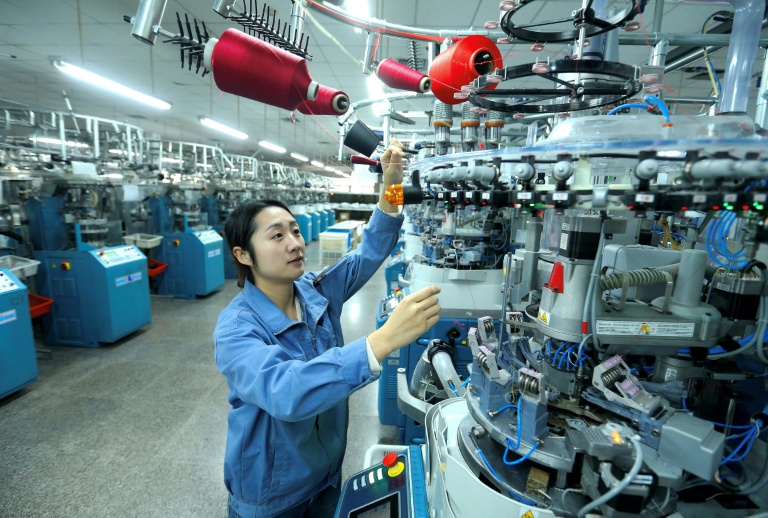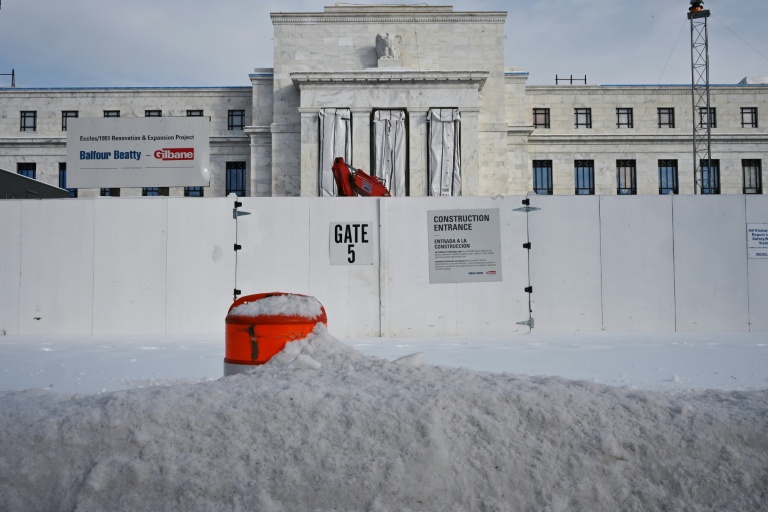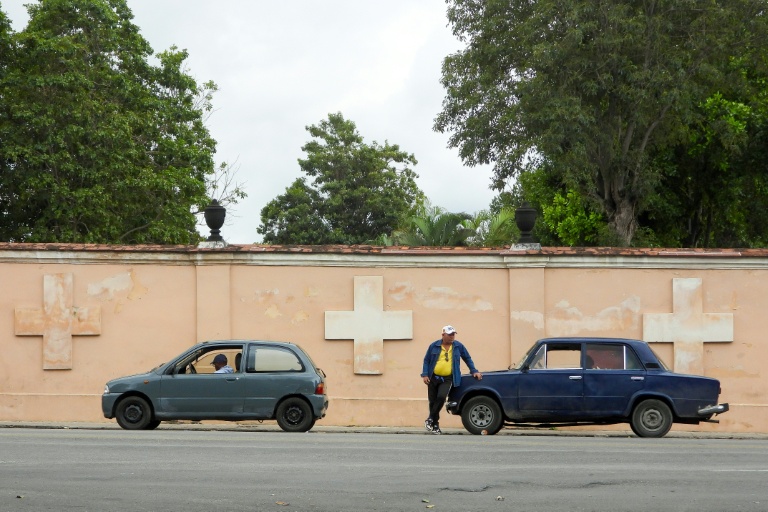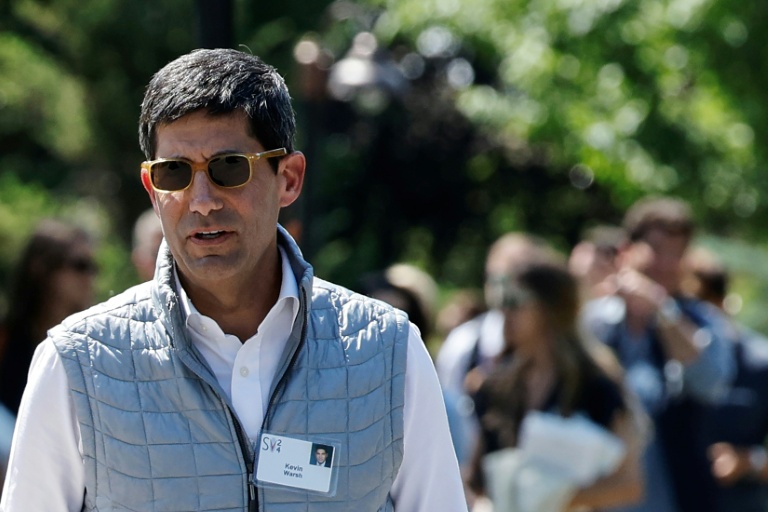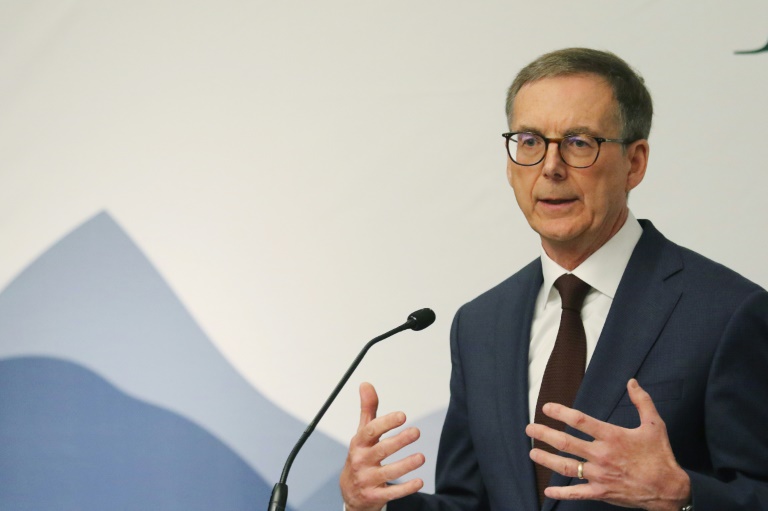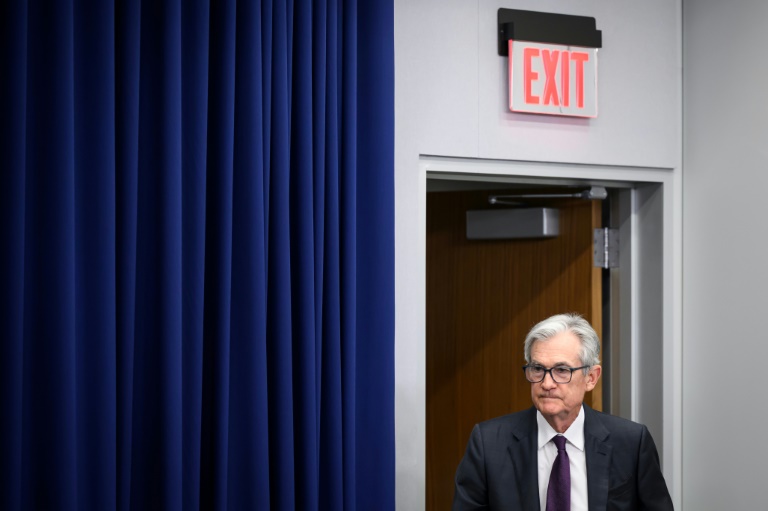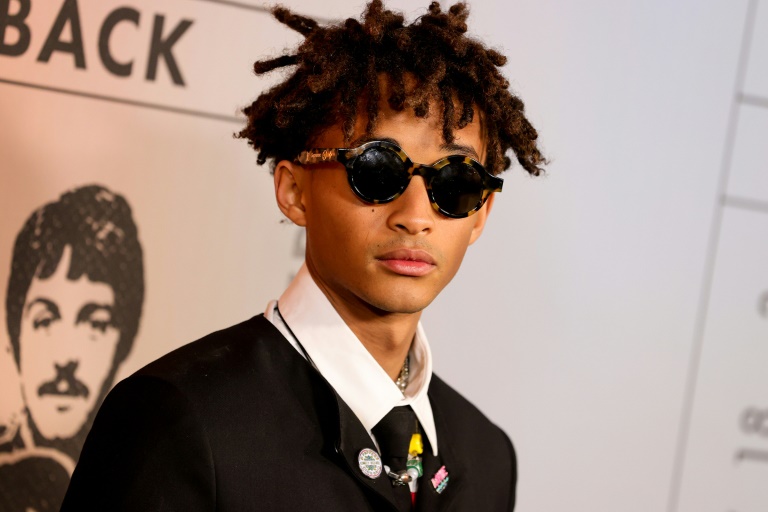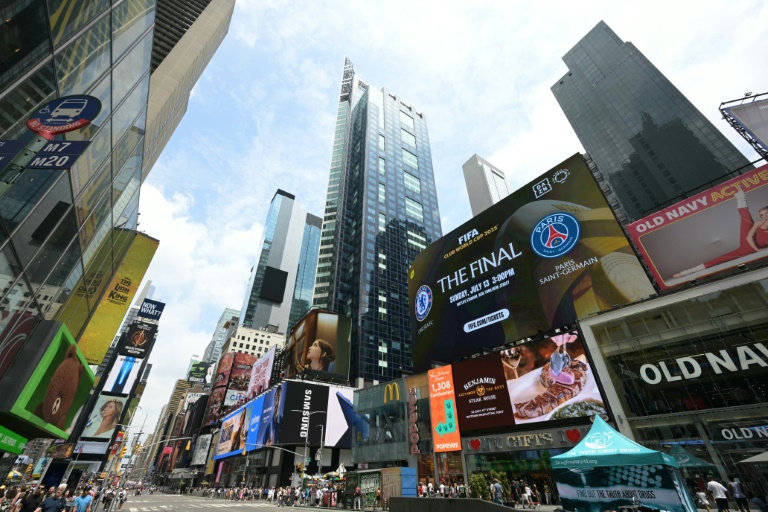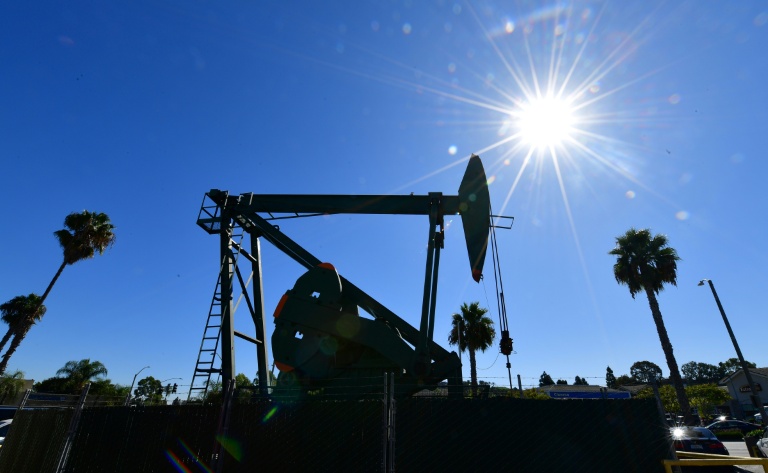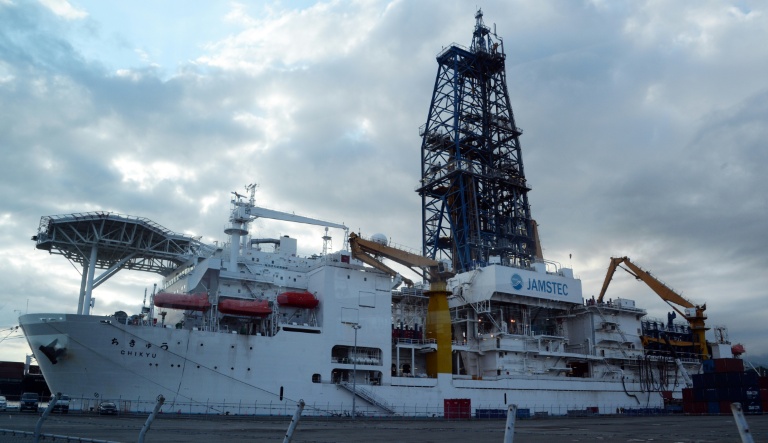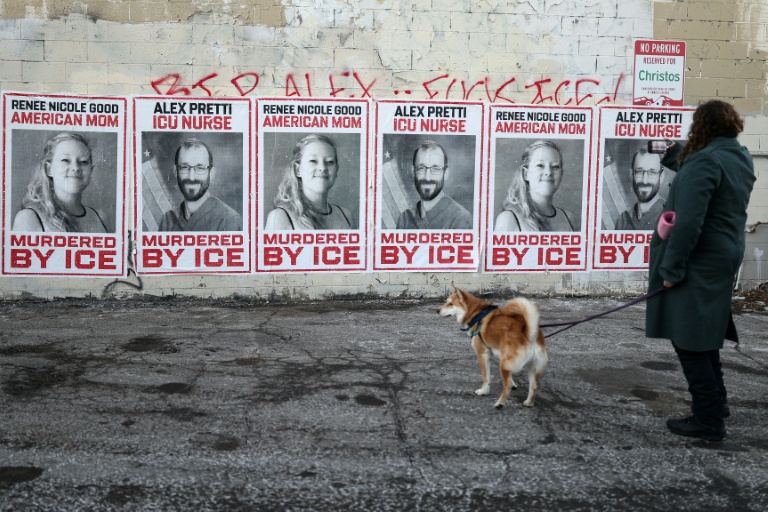Brussels (Belgium) (AFP) – The European Union’s top diplomat warned Wednesday that its push for closer ties with India could be hampered by New Delhi’s purchases of Russian oil and involvement in military drills with Moscow. The 27-nation bloc is pressing to seal a trade deal with the world’s most populous nation and strengthen bonds in areas like defence as US President Donald Trump has rocked the global order.
“Ultimately, our partnership is not only about trade, but also about defending the rules-based international order,” EU foreign policy chief Kallas said, as she unveiled a new strategy from Brussels to bolster relations. “Participating in military exercises, purchases of oil — all these are obstacles to our cooperation when it comes to deepening the ties,” Kallas said. But she acknowledged the EU did not believe India would “completely decouple” from Russia and the two sides sought to talk through their issues.
Alongside other Moscow allies including Iran, India has taken part in Russia’s Zapad (West) joint drills with Belarus this month, part of which took place close to NATO borders. India became a major buyer of Russian oil — saving itself billions of dollars and providing a much-needed export market for Moscow after it was cut off from traditional buyers in Europe because of the Ukraine war.
US President Donald Trump last week pushed the EU to slap hefty tariffs on India and China to force Russian President Vladimir Putin to end the war. But EU diplomats say that is unlikely while Brussels chases a trade deal with New Delhi, although it could take steps against Russian entities in India as in a previous sanctions package against Moscow.
Despite a lack of alignment over Russia, the European Union and India are also working to conclude talks on a free trade agreement by the end of 2025, amid New Delhi’s own tensions with Washington. US-India ties have been strained since Trump raised tariffs on most Indian exports to 50 percent last month in retaliation for New Delhi’s continued purchases of Russian oil. In the wake of that move, India’s Prime Minister Narendra Modi put on a public show of warmth with Russia’s Vladimir Putin and China’s Xi Jinping at a summit this month.
EU chief Ursula von der Leyen insisted in a post on X that “now is the time to double down on partnerships” as she reiterated the hope of finalising the trade deal by the end of this year. But her trade chief Maros Sefcovic sounded a downbeat note as well, saying he had “hoped for more progress to be achieved” during a visit to India last week. He stressed though that it was important to deepen EU ties with different countries; otherwise, “this void is filled by China and other actors.”
The EU is India’s largest trading partner, with trade between the two economic giants up 90 percent over the past decade, Sefcovic said alongside Kallas in Brussels. Senior figures from India and the European Union hope to meet for a high-level summit early next year.
© 2024 AFP

